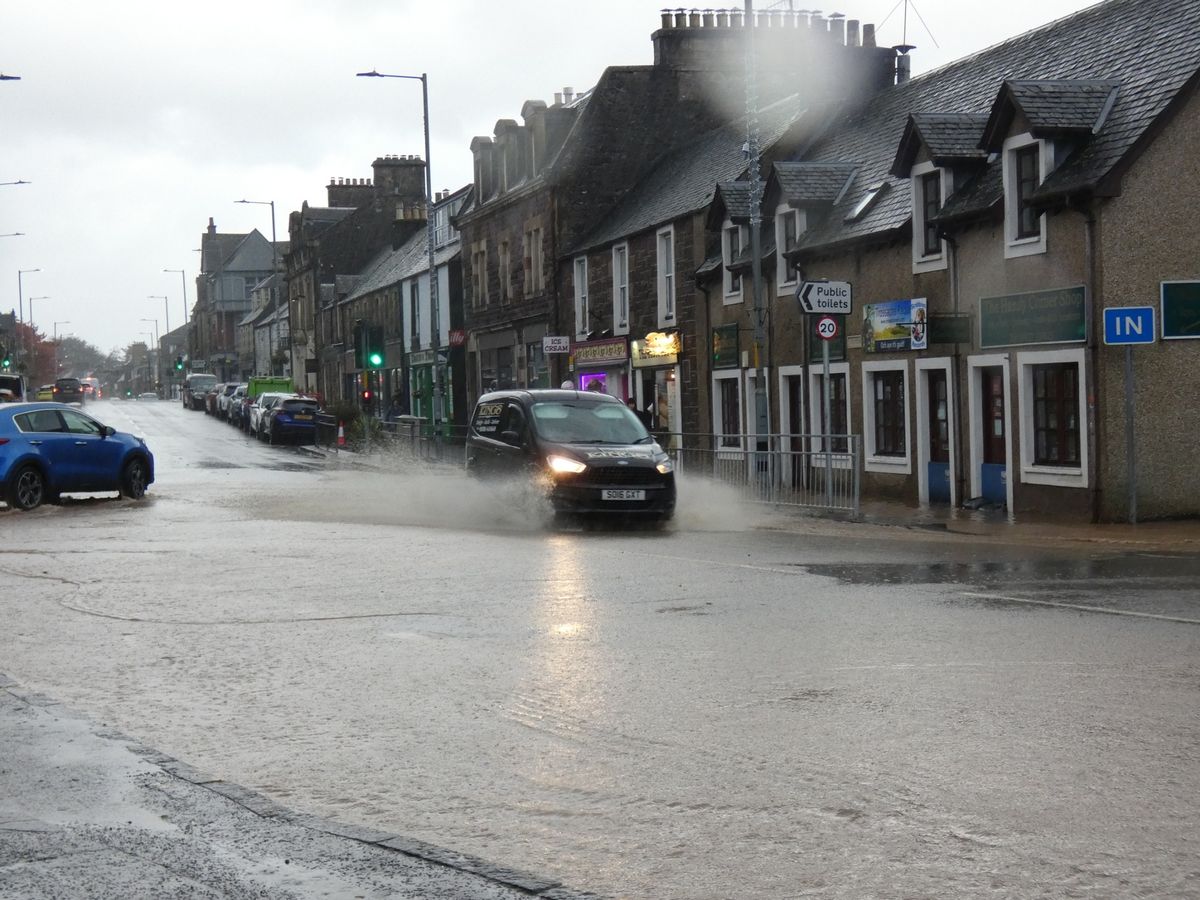Calls for phone masts to have ‘robust emergency systems’ after storm left Scots unable to dial 999
By Chris Marzella
Copyright dailyrecord

One councillor has called for mobile phone masts to be equipped with more robust back-up power sources to prevent rural communities from being isolated during power outages . Trossachs and Teith ward councillor Martin Earl emphasised the importance of durable power sources for mobile phone masts, following power cuts caused by Storm Amy last week which left residents in Callander unable to dial 999 if needed. The storm resulted in power outages and flooding across parts of rural Stirling last weekend. In Callander, the local community council said that the blackout came as a result of the recent transition from traditional analogue phone lines to new digital ones. BT has transitioned customers from conventional copper landlines to the new internet-based Digital Voice system, leading to many households being unable to make or receive calls, even in an emergency during the storm when the power went out. Councillor Earl expressed concerns about the switch from analogue to digital lines and has also raised the issue of mobile signals dropping every time there is a power cut as the masts don’t seem to have any back up power source installed. He suggested that if the masts remained operational during a power cut, the major problem of lack of connectivity would be resolved for almost everyone. Click here for more news and sport from the Stirling area. Speaking to the Stirling Observer , Cllr Earl said: “Masts supplying mobile signals in rural areas are usually shared by multiple suppliers and often emergency services. It’s essential that these masts have robust emergency battery power systems that enable continued connectivity for at least a minimum period after a power cut in that area.” He added: “The analogue phone system is being turned off in 2027 making it even more important this is resolved as quickly as possible and communities have assurances that their masts are properly equipped.” Earlier this week, Callander Community Council voiced concerns over the landline outage during the storm. Community council secretary Richard Johnson said: “During the power cut the mobile phones were not working and the land lines did not work unless you were still on the analogue system so the phone could be disconnected from the appliance and connected directly into the phone socket.” He further questioned: “We know BT are currently going through an upgrade from analogue to digital phones with the digital phones relying on broadband connections which require power – so what happens in a power cut? “Although BT have carried out consultations on this, there is still a lack of understanding of the technology involved, what is going to happen and when and what will happen in the future when there is a power cut.” The community council is now gearing up to host a public meeting on the issue, where representatives from BT will be invited. A spokesperson for BT told the Observer: “The transition from analogue to digital landlines is an essential upgrade, as the decades old technology is increasingly unreliable and no longer fit for purpose. “We recognise customer concerns about power cuts and want to reassure them our top priority remains keeping them connected, and we are here to support them every step of the way. That’s why BT has put measures in place, including battery back-up units and hybrid phones for use in case of a power outage. “We advise customers to use a mobile phone if they’re able to during an outage. If mobile isn’t an option, battery back-up units are available for purchase. For customers who have shared that they have additional needs, we provide a free battery back-up unit or hybrid phone on request.”